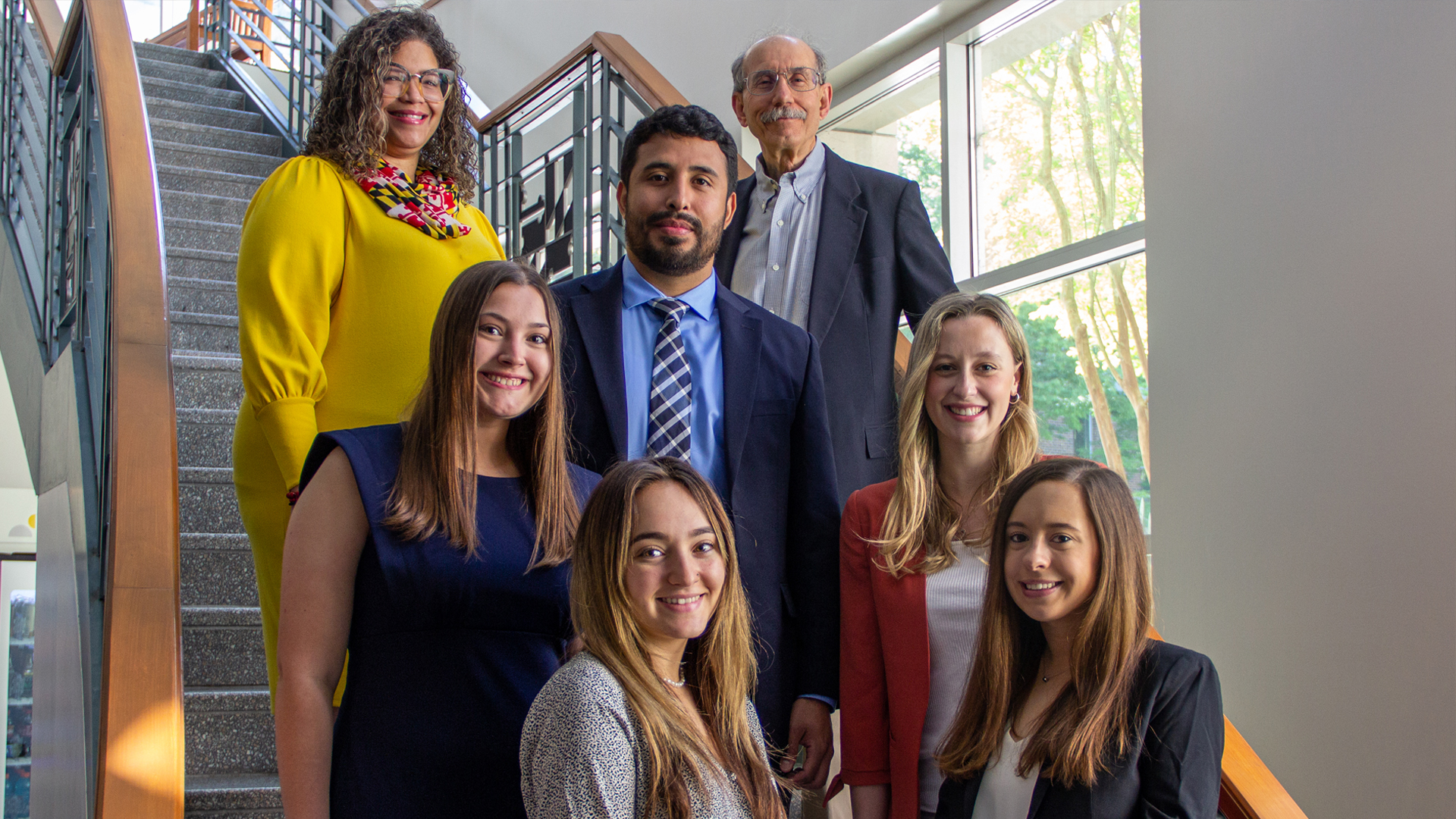Brandi Slaughter brings two decades of public policy experience to her work having served nonprofits and government in advocacy and lobbying roles. At the outset of her career, Slaughter offered direct service to children and families—mainly those considered high-risk youth at several settlement houses. As an advocate for policy change, she has supported the development of state and federal policy which has impacted people with disabilities, the health of Ohioans, and children and families, most notably was her work to expand Medicaid in Ohio and defend the Affordable Care Act at the congressional level. Representing Ohio’s mainline Chrstian denominations, Slaughter has led on efforts to protect democracy as well as abolish the death penalty.
Currently, Slaughter is a clinical professor and program director for the Karabelle Pizzigati Initiative in Advocacy for Children, Youth and Families at the University of Maryland School of Public Policy. Through teaching, Slaughter has inspired students to use their power and influence to advocate for reform. As program director for the Pizzigati Initiative, Slaughter increases the pool of diverse, visionary leaders with the confidence and competence to lead and sustain major systems reform for children. Her passion for bringing voice to marginalized communities is apparent in all of her work.
Slaughter is an ordained clergywoman with the Church of God in Christ and has served in various ministry positions. She received a Bachelor of Arts in political science from Morgan State University, and a Juris Doctor from Capital University with a concentration in child and family law. Understanding that service is a debt we owe, Slaughter serves on the board of trustees at the League of Women Voters US, Columbus School for Girls and Death Penalty Action. Slaughter is the proud mom of one son and dog mom to her precious pooch, Peaches
- Poverty and economic security; Children’s health; Racial justice; Child welfare
This course aims to inspire, teach and engage students in the theory and practice of public leadership from the local to the national to the global level. Students will learn and apply diverse approaches to leadership in a multicultural society while developing an understanding of key frameworks and practices necessary to foster collective action across private, public, and nonprofit sectors. Students will also explore and assess their own personal values, beliefs, and purpose as they develop their leadership potential. Finally, students will understand the leadership skills and challenges particular to their role as a future policymaker.
Schedule of Classes
Students will gain a contextual understanding of how policy decisions and legal structures affect different people, as well as the role of law in organizing and advocating for just policy and social change. Students will analyze how structural inequities are shaped by historical, legal, social, and political factors, building on that knowledge to strategize solutions to problems requiring policy reform and systemic change.
For poor and low-income families, federal programs such as Medicaid, Child care, SNAP and child nutrition programs are a lifeline every day. Some programs also have policies that consider more than income eligibility, such as number of hours of work, disability, and immigration status. Budget choices have a significant impact on policy intentions. Students will learn about and analyze the major federal programs and federal budgets for these policy areas; understand from data the impact of such programs and policies; and be introduced to significant advocacy efforts and considerations that shaped hese policy decisions.
Schedule of Classes
Public policy students will take the skills and knowledge gained through their curriculum and apply them through their senior capstone course. Students will work in teams on problems and issues presented by outside clients, with guidance from faculty facilitators and interaction with the clients. Each team will work with the client to address a particular problem and produce a mutually agreed upon outcome. These hands on projects will advance students' understanding of the analytical, leadership, communication and problem solving skills necessary to address today's policy problems while allowing them to gain professional level experience that could contribute to their success in their post UMD endeavors. The course will conclude with an event that allows all teams to present their findings and outcomes to their client while being evaluated by faculty and public policy professionals. Restricted to students who have earned a minimum of 90 credits. Permission required.
Schedule of Classes
School Authors: Brandi Slaughter
School Authors: Brandi Slaughter












